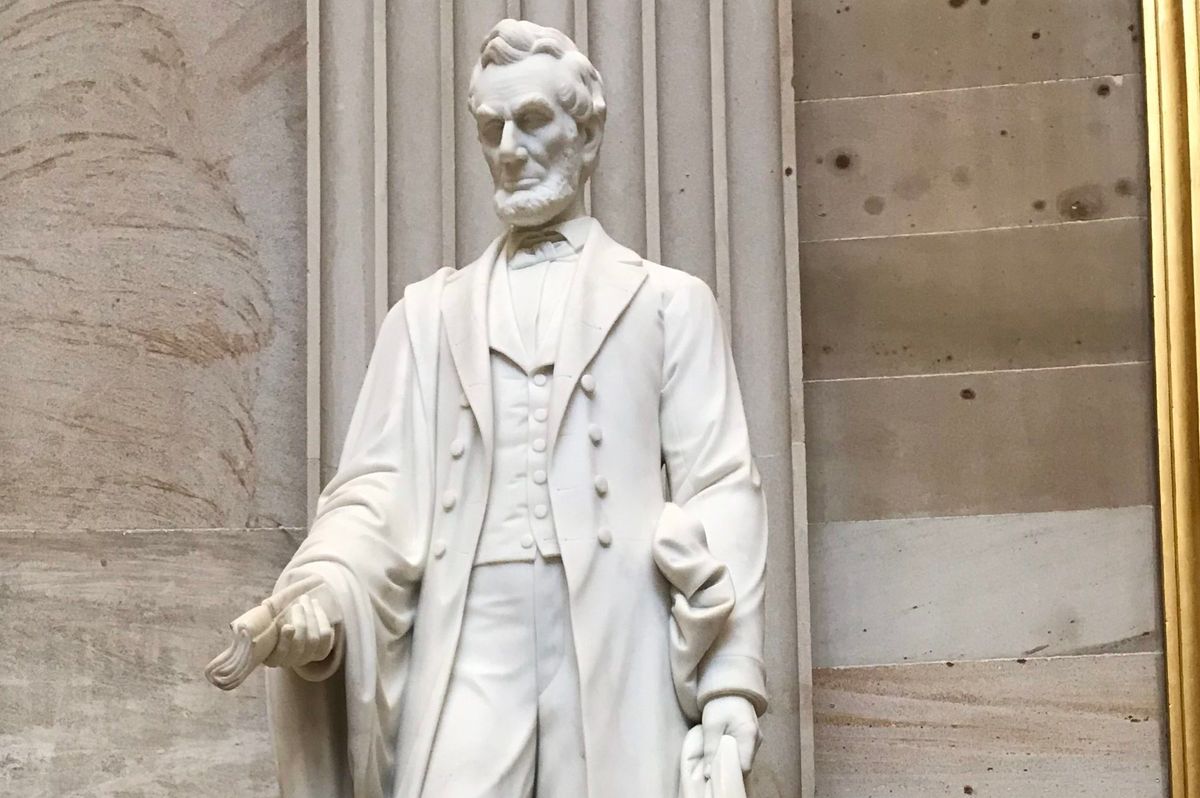How effective people edit their way to results

“To attain knowledge, add things every day. To attain wisdom, subtract things every day.” Lao-tzu
The constant challenge for the busy and productive leader is not figuring out what to start; it’s determining what to stop.
The best writers fill the page without stopping to think (or over-think) what they’ve put on the page. Only later do they return to edit the words and polish the prose. Great athletes focus on doing a few things a thousand times, rather than a thousand things a few times.
Our daily challenge is to amplify the signal and reduce the noise by editing our actions down to a list that focuses on the essential and limits the busywork.
Two questions highlight this challenge:
1. How many emails have you received this week asking you to add something to your plate? 10, 50, 100?
2. How many emails offered to remove something from your plate? 0, 1, 2?
If you are like most people, there will be at least a 10:1 relationship between your answers above.
Several editing strategies to consider:
Establish boundaries. Successful people are predisposed to be helpful. By establishing limits on your time and responsibilities, you free up enough bandwidth to help when it’s needed, not when it’s convenient for others. The saying, “if you want something done, give it to a busy person” exists for a reason. Busy people are famous for taking on just one more thing. As Anne Lamott noted, “no is a complete sentence.”
Decide what’s essential. Consider your primary outcomes and design your work to make sure you are spending time on the things that will get you there. Much of the rest is noise and complexity. Work toward simplicity by focusing only on the essential, the few things that matter most.
Focus on mission-critical. The first step in focusing on mission-critical activities is to decide what’s not. Editing is a powerful tool here. For you, mission-critical may be actions taken to ensure survival, anticipating market risks and opportunities, creating a brand identity, driving profitable growth, or delivering customer delight. It’s all invented by you and the organization, but it’s never everything.
Delay vs. deny. When something shows up as essential for others, it is often invented urgency. There is usually an opportunity to reschedule the frequently-made-up deadline to a later date. Often, saying no is not an option, but the timing is negotiable.
Reject the monkey. When someone shares a problem with an achiever, the default setting is to listen and solve. Try this: stop at listen. Not everyone wants you to solve their problem; they may need a thought partner. And even those problems that others want you to address are not yours by default, so challenge yourself to say no to other people’s monkeys. One phrase that may help you is to ask, “What have you tried so far?” If the answer is everything, it’s usually less than three things. Encourage them to continue working.
Ask for help. Asking for help is heroic. Stress, overwhelm, tiredness, burnout, and martyrdom are not. You may be accountable to deliver a result, but that doesn’t mean you are responsible for handling every activity required to get there. There are people around you hopeful for a chance to learn, grow, and contribute. They can’t wait to be asked but perhaps don’t feel they have your permission to raise their hand or don’t feel safe doing so. Stop and look around for help, because resources are available to us, even when we don’t feel resourceful.


